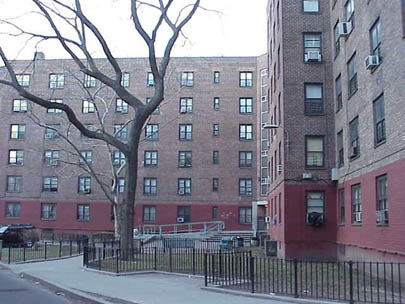OPINION: The Housing Authority’s problems: a view from a former employee

The recent declaration by Mayor Bloomberg and New York City Housing Authority chairman John Rhea that the Housing Authority is going all-out to reduce its yearlong maintenance backlog brings several things to mind.
At one time, I worked as a “housing assistant” (entry-level management employee) in a Housing Authority project. As was usually the case with those recruits who had just graduated from the Housing Authority’s three-week training program (presided over by Housing Authority veteran Rocco Micari of Bensonhurst), I was assigned to one of the projects that were considered the least desirable places to work in the Authority.
This North Bronx project, which I will not name, was a haven for drugs and crime (although it was fairly safe during the daytime). A very large percentage of the tenants were welfare recipients, and although it was only 25 years old or so, it was already in terrible shape physically. It was also very hard to get to, not being close to any subway line. In effect, it was like a prison camp for the very poor.